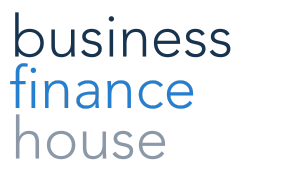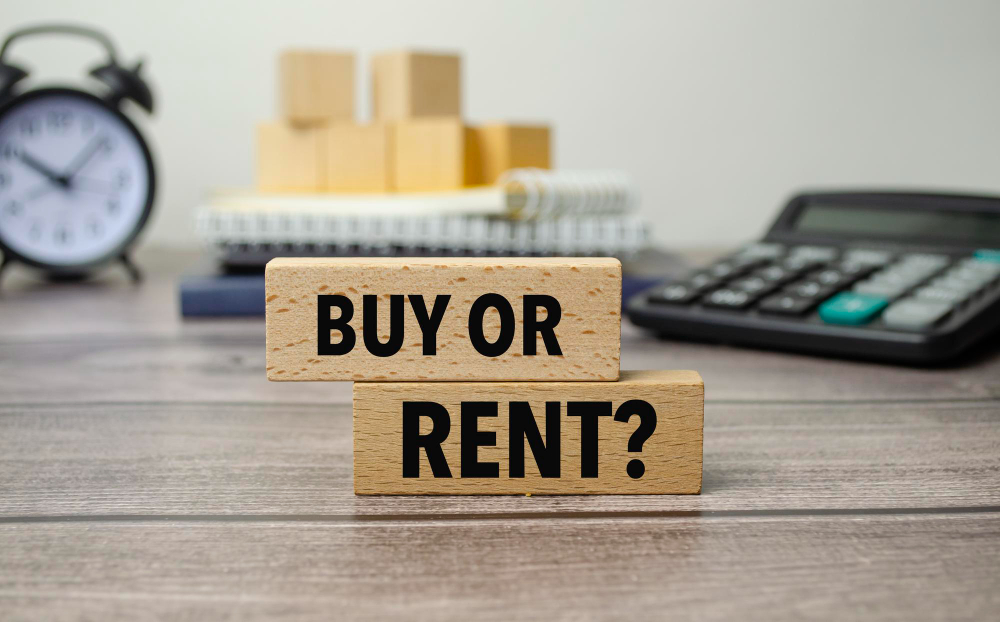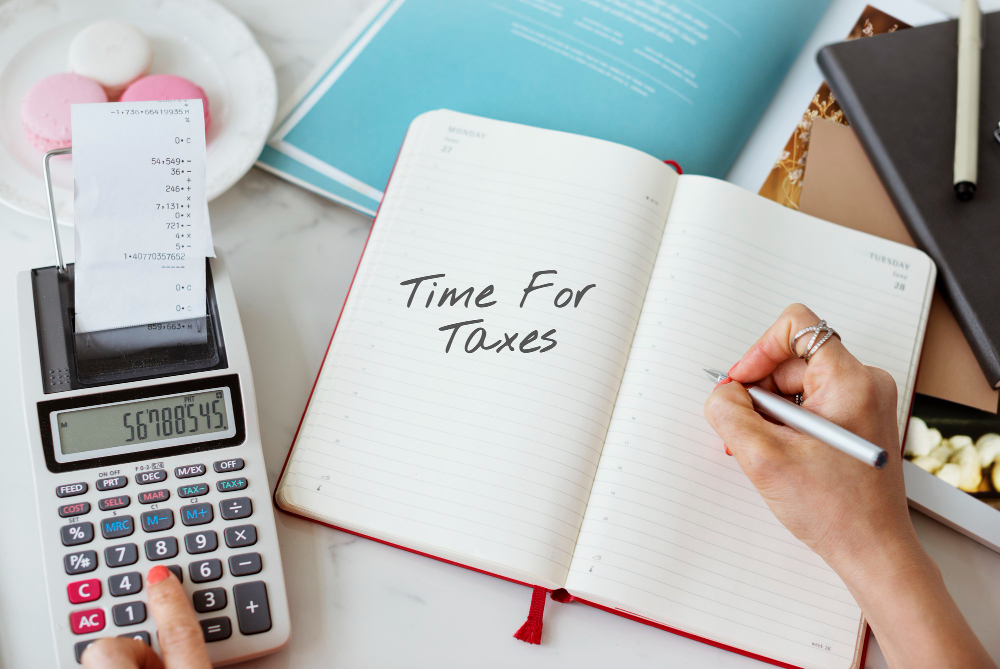When businesses consider acquiring assets, the decision between leasing and buying is crucial and multifaceted, especially from a financial perspective. At Business Finance House, we guide our clients toward the most financially beneficial path. Here’s a comprehensive analysis tailored to the considerations of businesses in asset finance for leasing vs buying.
Leasing vs. Buying: A Strategic Financial Decision
Advantages of Leasing
- Lower Initial Costs: Leasing typically requires lower upfront costs than purchasing, which can be particularly beneficial for businesses looking to preserve capital or allocate resources to other strategic investments. This lower barrier to entry enables businesses to access necessary assets without depleting their cash reserves.
- Flexibility and Adaptability: Leasing offers businesses the flexibility to update or change assets at the end of the lease term, allowing them to adapt to technological advancements or evolving business needs without the burden of ownership. This adaptability is especially valuable in industries where asset technology rapidly evolves.
- Cash Flow Management: Regular, predictable leasing payments can simplify budgeting and cash flow management. This predictability helps businesses plan their finances more effectively, avoiding the variability associated with asset maintenance and disposal costs.
- Tax Advantages: Leasing payments are often fully deductible as business expenses in many jurisdictions, potentially lowering the taxable income of a business. However, tax benefits can vary, so it’s advisable to consult with a tax professional.
Advantages of Buying
- Long-term Cost Savings: Although buying requires a higher initial outlay, owning an asset outright can lead to cost savings over time, particularly if the asset has a long useful life and does not depreciate rapidly. For assets that are essential to long-term operations, purchasing can be more economically viable.
- Asset Ownership and Equity: Buying leads to asset ownership, which can be beneficial for businesses that prefer control over their assets or for assets that appreciate in value. Ownership grants the ability to use the asset as collateral for financing, sell it for cash, or even rent it out, offering additional financial flexibility.
- No Restrictions or Overhead Costs: Owning an asset outright removes any restrictions that might come with a lease agreement, such as mileage caps on vehicles or usage limitations on equipment. Furthermore, while maintenance and other costs will be the owner’s responsibility, these can be managed and optimised according to the owner’s discretion.
Making the Decision: Factors to Consider
- Financial Health and Cash Flow: Assess the current financial health and cash flow of the business. Leasing might be more advantageous for businesses seeking to preserve cash or for those with uncertain future financial positions.
- Asset Lifespan and Technology: Consider the expected lifespan of the asset and the pace of technological advancement in its category. Leasing might be preferable for assets that become obsolete quickly, while buying could be better for long-lasting assets.
- Tax Implications: Understanding the tax implications of leasing versus buying in the UK is crucial. The potential tax benefits of leasing, such as the deductibility of lease payments, should be weighed against the benefits of buying, like depreciation and potential tax credits.
- Strategic Flexibility: Evaluate how the acquisition aligns with long-term business strategies. Leasing offers flexibility to scale operations up or down, whereas buying is a commitment that might offer stability and equity.
The decision to lease or buy is highly individualised, hinging on numerous factors including financial health, strategic direction, and the nature of the asset itself. By carefully evaluating the pros and cons of each option in the context of these broader considerations, businesses can make informed decisions that support their financial health and growth ambitions.
Contact Business Finance House today for tailored business finance solutions and achieve your growth goals.







